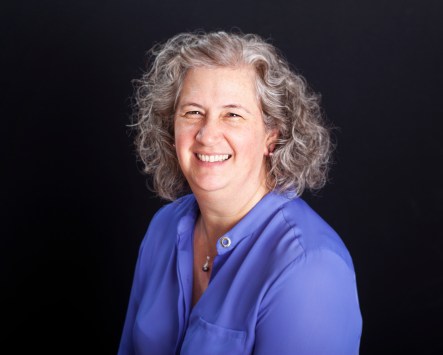
Kris Nelson sees a greater openness to change once members start to look at the Paths and their offerings in a more granular way. This seems to provide them with the direct relevance they need to simply try. From a new member standpoint in the prospect clubs, there’s definitely a strong engagement with the Pathways educational program as these potential members look at projects which apply to what they’re already doing at work or elsewhere.
Pathways Chair Tony Nelson interviewed Kris on her Pathways experience.
Q: How long have you been in Toastmasters?
A: Nearly 5 1/2 years – since September 2014
Q: What Path are you travelling and what level have you achieved?
A: Effective Coaching – just finishing Level 5; Persuasive Influence, working on Level 3; Motivational Strategies, working on Level 1
Q: How did you decide which Path you wanted to do?
A: I took the assessment for the first and third paths, and chose the second based on some of the mandatory projects as shown in the Paths & Core Competencies document to address areas where I felt I would most benefit from growth.
Q: What was your first impression of Pathways?
A: I liked the concept of how it might tie in more specifically with work and day to day life, but did find the interface somewhat awkward at first. Now that I’m (relatively) familiar with using the online portal, I seldom run into difficulty. I think the revised educational component offers a great variety of competencies for different areas of work and life and directly discuss some of the specific projects and their relevance when speaking to prospect clubs. Many of the mandatory and elective projects are sufficiently broad in scope to allow the user to self-direct in a way that best suits them.
Q: How has your impression changed?
A: I guess it hasn’t, really, but then I was never opposed so much as curious.
Q: As you have been working through your Path, what has surprised you most?
A: I’m surprised sometimes at the things different assignments bring out of me. For example, in an “Understanding your Communication Style” project, I felt called to speak about the other side of communication – listening – and spoke about how my communication style impacts how I listen (or don’t), and how that created a series of events to better get my attention.
Q: What Pathways project have you found most helpful and why?
A: I think the Level 2 projects get a bad rap as being narrow, but they don’t have to be. As a fan of personality tests such as DiSC and Meyers-Briggs, I’ve really enjoyed some of the insights learned in the Understanding your Communication Style and Understanding your Leadership Style projects. Reaching Consensus (EC Level 3) was also a lot of fun – I chose a topic on which it seemed fairly likely to reach consensus within the 20-minute time allotment, and was amazed at the number of ideas brought out by the group. It taught me that even a seemingly obvious question will have many sides which don’t come readily to my mind.
Q: How have you found Pathways has impacted your life?
A: “Not yet” is the real answer here, but as I look to some exciting personal changes in 2020, there are so many projects I look forward to applying in my new world!
Q: What advice do you have for other members about Pathways?
A: Be open – change is never good or bad in its own right, it’s just different. If you really look at what Pathways has to offer you, you’ll find there are so many options which can be applied to personal, social, business, volunteer and other areas of life, as well as a variety of options to use favourite projects from the legacy manuals within a Pathways project. Like the whole Toastmasters journey, you get what you put into it – this applies in the same way to Pathways.









Leave a Reply